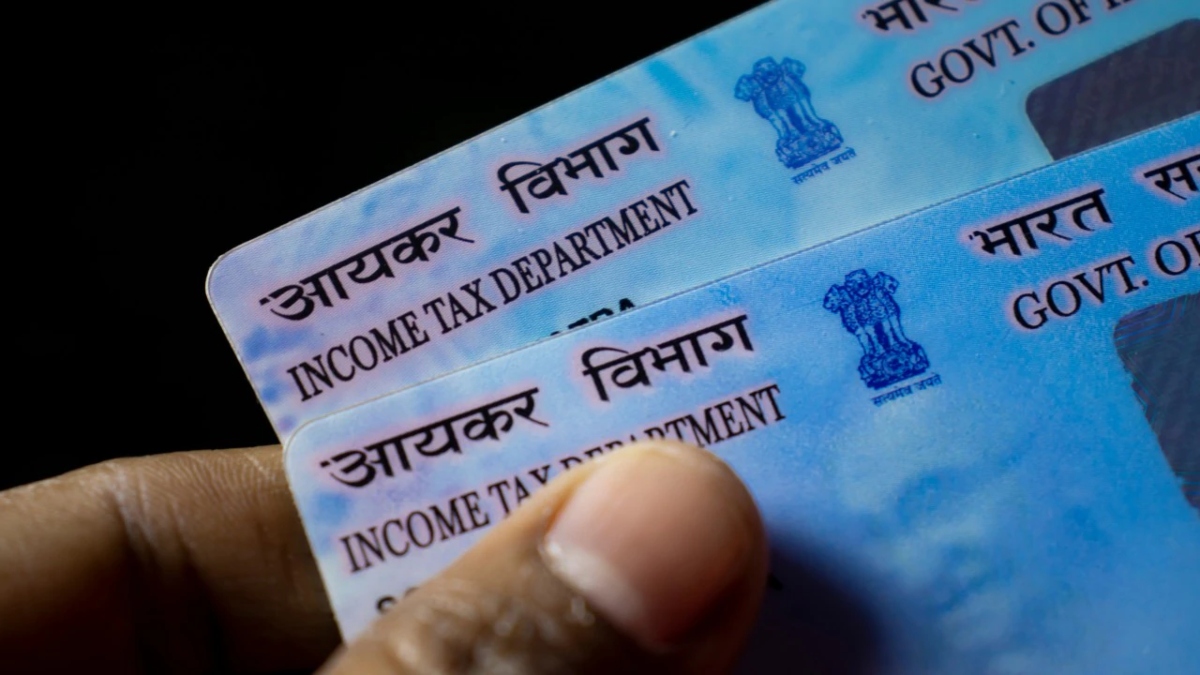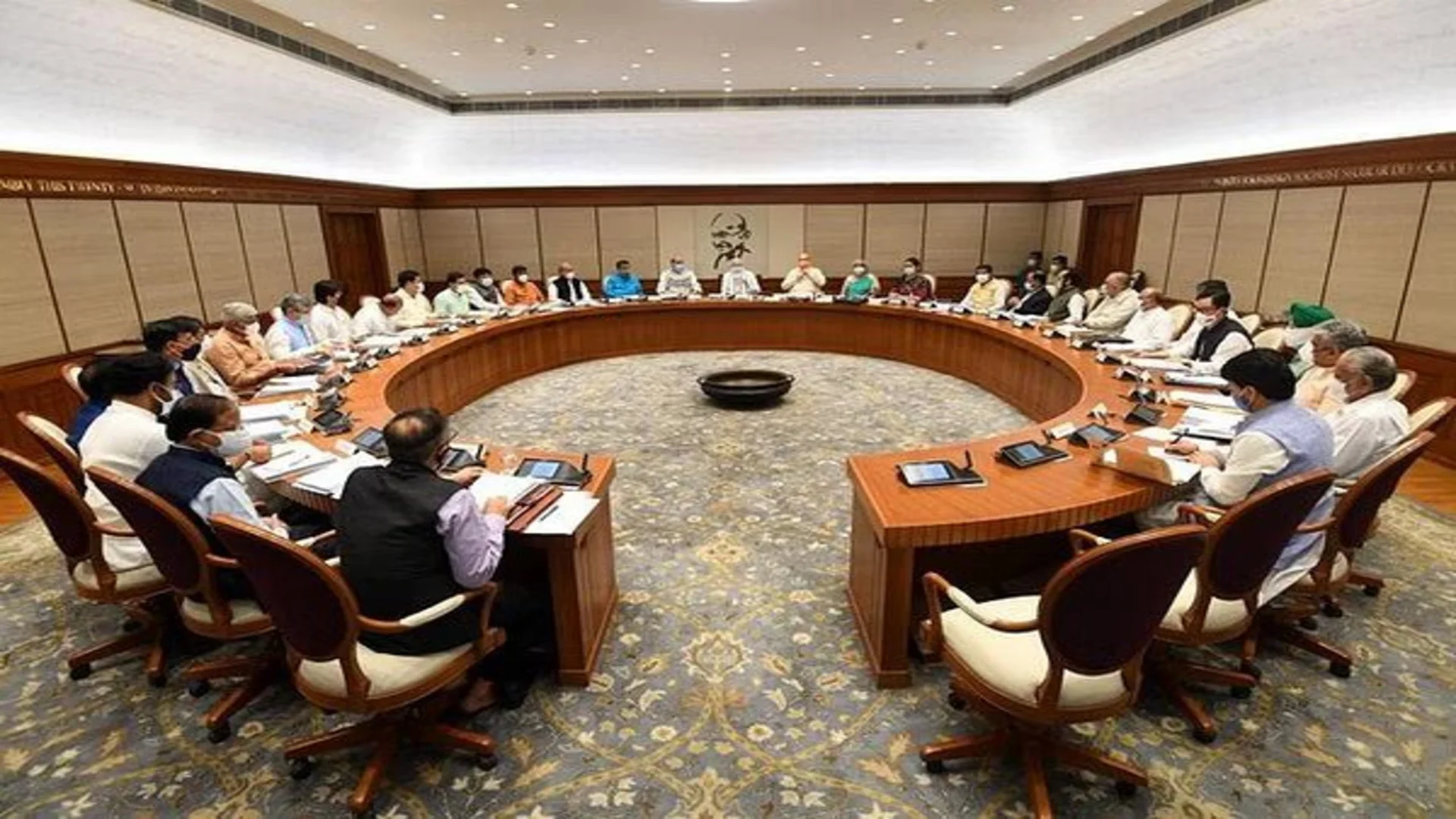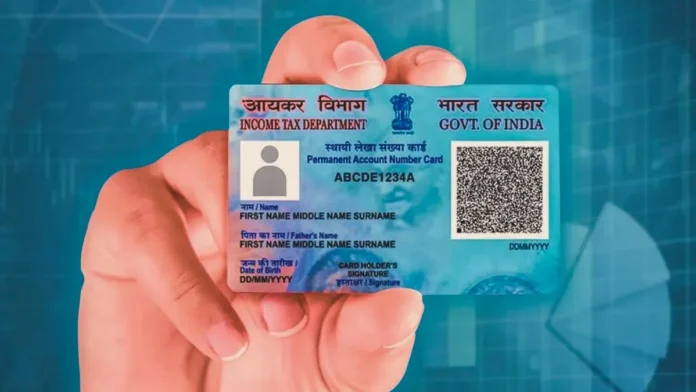The Union Cabinet, led by Prime Minister Narendra Modi, has given the green light to the PAN 2.0 project, an ambitious initiative aimed at revolutionizing the Income Tax Department’s taxpayer registration services through advanced technology. Union Minister Ashwini Vaishnaw announced the project’s approval on Monday, emphasizing its significance for individual taxpayers and businesses. Alongside this, the Cabinet approved several key initiatives, including upgrades to the Indian Railways, natural farming programs, and a nationwide scholarly access scheme.
No Reapplication Needed for PAN Cards
Amid speculation among citizens about the need to reapply for new PAN cards under the PAN 2.0 initiative, the government has clarified that there is no requirement for taxpayers to obtain a new PAN. Existing PAN cards will remain valid, even as the system undergoes a significant digital overhaul. The Rs 1,435 crore project aims to enhance the efficiency and accessibility of the PAN system while retaining its current structure.
Union Minister Vaishnaw assured that the upgrades to the PAN system would be seamless and free of cost. “The existing PAN cards will not be affected. The initiative focuses on modernizing the system while ensuring a smooth transition for users,” he said during a media briefing.

Key Features of PAN 2.0
The PAN 2.0 project is designed to make taxpayer registration and related processes more efficient, unified, and paperless. Here are the highlights of the initiative:
- Unified Portal: The revamped system will introduce a single unified portal for all taxpayer registration services, eliminating redundancies and enhancing user experience.
- Integration of PAN and TAN: Businesses will benefit from the integration of Permanent Account Numbers (PAN) and Tax Deduction and Collection Account Numbers (TAN), potentially creating a single business identifier.
- Paperless Process: The entire system will be upgraded to a fully online and paperless format, reducing procedural bottlenecks and improving environmental sustainability.
- QR Code on New PAN Cards: New PAN cards will feature QR codes for enhanced security and quick access to taxpayer information.
- Improved Grievance Redressal: The initiative will strengthen the grievance redressal system to address user complaints more effectively.
“So far, 78 crore PAN cards have been issued, and with PAN 2.0, the focus will be on creating a robust digital backbone,” Vaishnaw said. He also highlighted that this project addresses the growing demand from businesses for a simplified and integrated registration system.
National Mission on Natural Farming Approved
In addition to the PAN 2.0 initiative, the Cabinet approved a standalone centrally sponsored scheme, the National Mission on Natural Farming, with an outlay of Rs 2,481 crore. This mission, spearheaded by the Ministry of Agriculture and Farmers’ Welfare, seeks to promote sustainable agricultural practices and reduce dependency on chemical inputs.
Highlights of the initiative include:
- Outreach to Farmers: The mission aims to engage one crore farmers and raise awareness about the benefits of natural and organic farming.
- Training Programs: Approximately 18 lakh farmers will be trained to adopt organic methods and reduce input costs.
- Educational Integration: Undergraduate courses will be introduced to teach natural farming methods, fostering a generation of environmentally conscious agricultural practitioners.
- Soil Health and Sustainability: The program aims to improve soil health and promote a nature-based farming system.
“This initiative will create a significant impact on sustainable agriculture while reducing the burden on farmers,” Vaishnaw remarked.
One Nation One Subscription Initiative
Another groundbreaking approval was for the ‘One Nation One Subscription’ scheme, with a budget of Rs 6,000 crore. This initiative will provide nationwide access to scholarly research articles and journal publications, benefiting students and researchers across the country.

Key Aspects of the Scheme:
- Universal Access: All higher education institutions will be able to access global research journals and articles through a centralized digital platform.
- Cost Efficiency: By pooling resources, institutions can afford high-quality journals, enhancing academic research output.
- Global Collaboration: Several international publishers have already partnered with the initiative, promising comprehensive access to cutting-edge research.
“This scheme represents a significant step towards making education and research accessible to all, leveling the playing field for students and researchers across India,” Vaishnaw said.
Other Approvals: Infrastructure and Energy Projects
The Cabinet also approved investment proposals for three multitracking projects for the Indian Railways and the construction of two hydroelectric power plants in Arunachal Pradesh. These projects aim to bolster India’s transportation and energy infrastructure, furthering economic development.
A Technological Leap for Taxpayers and Businesses
The approval of PAN 2.0 signals India’s commitment to leveraging technology to streamline administrative processes and enhance user experience. By addressing long-standing inefficiencies and integrating advanced digital tools, the initiative is poised to bring about a significant transformation in the country’s taxpayer services. Simultaneously, the government’s push towards sustainable farming and accessible education underscores its broader vision of inclusive and progressive growth.
As these projects roll out in the coming months, they are expected to impact millions of lives positively, reinforcing India’s march towards a technology-driven future.

